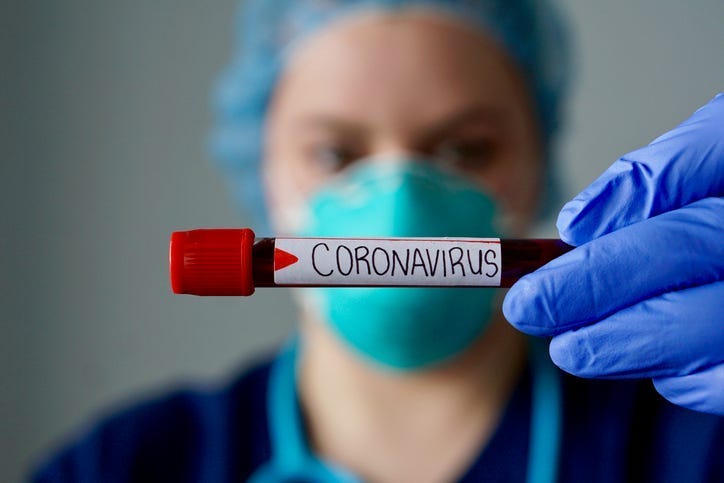
A new LSU Health study reveals surprising changes in the heart of COVID-19 patients.
LSU Health New Orleans pathologists say autopsies of patients who’ve died from the coronavirus, show damage to the heart which was not the typical inflammation of the heart muscles originally associated with other coronavirus family of viruses.
“We identified key gross and microscopic changes that challenge the notion that typical myocarditis is present in severe SARS-CoV-2 infection,” says Dr. Richard Vander Heide, Professor and Director of Pathology Research at LSU Health New Orleans School of Medicine. “While the mechanism of cardiac injury in COVID-19 is unknown, we propose several theories that bear further investigation that will lead to greater understanding and potential treatment interventions.”
The LSU Health team also found that unlike SARS-CoV-1; SARS-CoV-2 also known as COVID-19, was not present in the heart muscle cells nor in blood clots in the heart’s arteries. They also found viral infection of some cells lining smaller blood vessels.
“These findings, along with severely enlarged right ventricles, may indicate extreme stress on the heart secondary to acute pulmonary disease,” adds Dr. Sharon Fox, Associate Director of Research and Development in the Department of Pathology at LSU Health New Orleans School of Medicine.
The 22 autopsies were done on ten male and 12 female COVID-19 patients who died at University Medical Center in New Orleans.
A majority of the patients were Black and their ages ranged from 44 to 79 years old. The study says most the patients autopsied had high blood pressure, half had insulin-treated type-2 diabetes and about 41% had obesity.
LISTEN NOW on the RADIO.COM App Follow RADIO.COMFacebook | Twitter | Instagram
